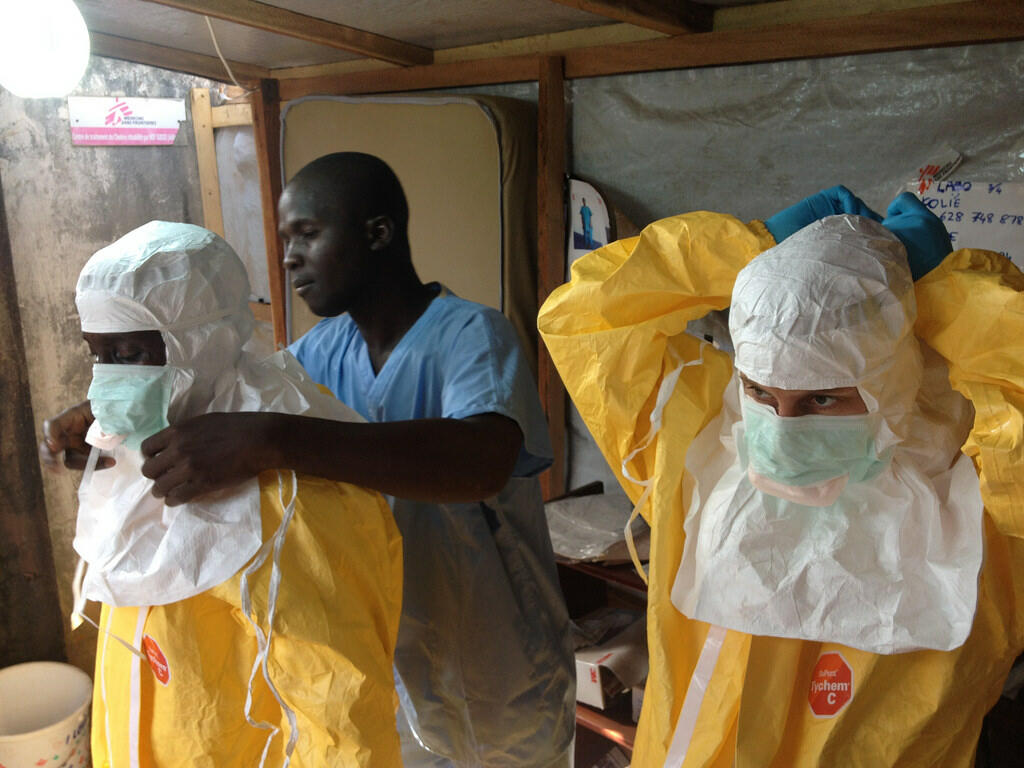
LSTM’s Drs Derek Sloan and Tim O’Dempsey have examined the impact that the current outbreak of Ebola virus disease in relation to the incidence of tuberculosis (TB) in Sierra Leone. As the Clinical Lead for the UK-Med Quality Monitoring Team in between January and March this year, Dr Sloan worked with UK volunteers deployed to help combat the disease, while Dr O’Dempsey has been in Sierra Leone on and off since July 2014 and remains seconded to the WHO as their Clinical Mission leader in the country.
Writing in an editorial for the International Journal of Tuberculosis and Lung Disease they discuss how TB control has been affected in Sierra Leone, Guinea and Liberia, the three countries in West Africa most severely affected by the epidemic. They make reference to an article published in the same edition of the journal by Zachariah et al. who call for operational research on TB.
Despite global improvements in TB control, the incidence of TB in the West African countries most heavily afflicted by Ebola remains high. Recent political instability and civil wars have resulted in fragile health systems, and Ebola-related deaths amongst healthcare workers will impact further on the infrastructure required to tackle chronic infections such as TB and HIV.
Drs Sloan and O’Dempsey support the findings of Zachariah et al. that the high death rate among healthcare workers, closure of routine facilities, stigma around health-seeking behaviour and fragmented drug supply represent considerable challenges for National TB Programmes. They write that, “Evidence from elsewhere shows that TB case detection is compromised in fragile states. If a similar pattern is repeated with Ebola, each non-identified new TB case carries a 50% risk of mortality and may generate 10–15 onward transmissions.”
However, they were keen to point out some elements of the Ebola response, such as improved infection control awareness and increased attention to contact tracing are transferrable to TB control, and that in other post-disaster settings a fresh focus on building health systems has been beneficial.
Overall, they state that, “The global TB community talks of an ‘End TB strategy’, but recent events in West Africa remind us that super-imposed epidemics are a constant threat; the antidote is sustained commitment to fundamental strengthening of core services. For tragic reasons, international health agencies currently have their attention focused on Sierra Leone, Liberia and Guinea. Continued engagement may turn that tragedy into an opportunity for lasting progress. That opportunity should not be missed.”
Read the editorial here.